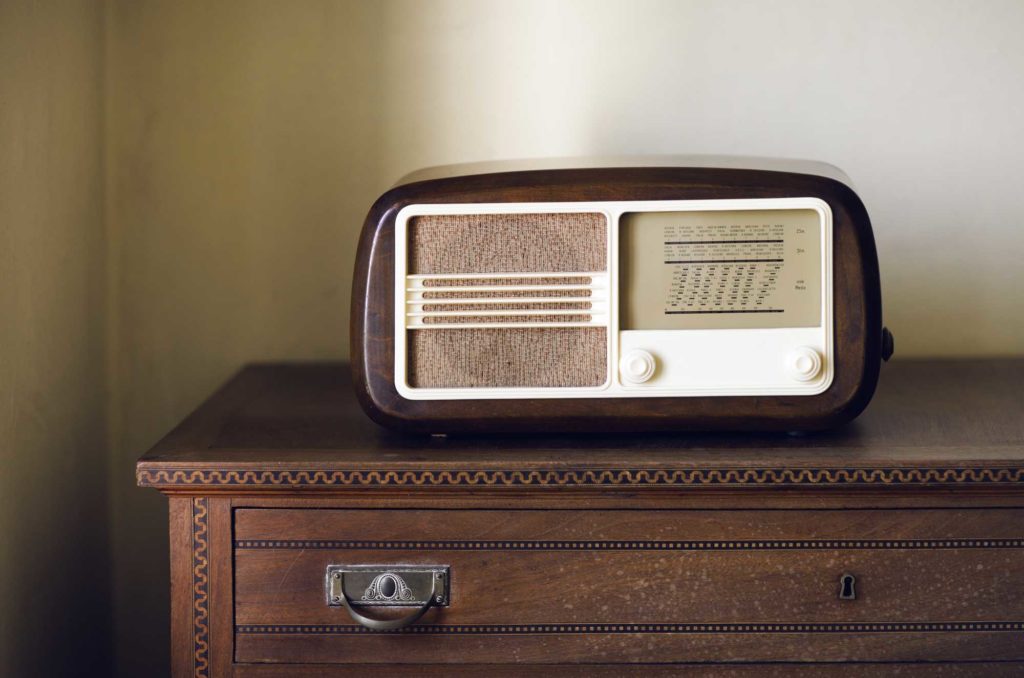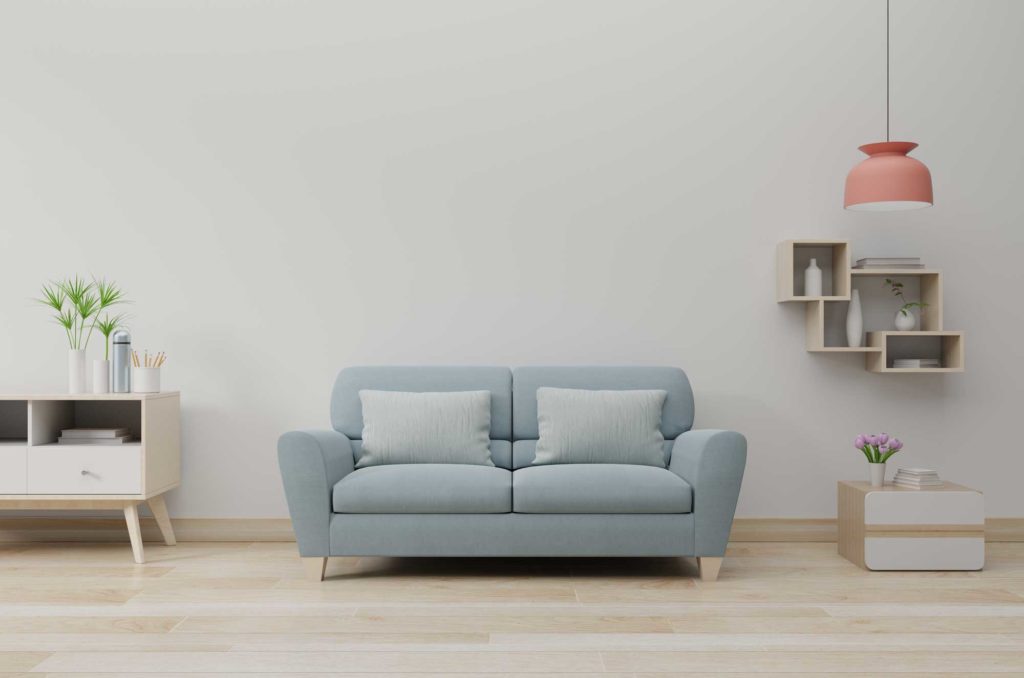Do I Need Climate Controlled Storage for My Furniture?

Furniture is built for your living room, not in a cold, damp basement or a musty, hot attic. So the question is, can my furniture last in a standard non-climate controlled storage unit or do I need climate controlled storage for my furniture?
For a shorter period of time, a storage unit without any upgrades might be sufficient for furniture and other valuables. However, if you are storing furniture for more than a few months, the pros of climate controlled storage usually outweigh the cons.
We’re going to discuss a few different factors that can help you make an informed storage decision depending on your circumstances. Ask yourself the following questions and continue on to our other applicable resources.

Can you afford a storage unit upgrade?
Storage units are relatively affordable and can help people in a pinch during a life transition. If you are going from point A to point B , you might need storage in a hurry. However, we never recommend paying beyond your means.
In some cases, it might make more sense to roll the dice and use a standard storage unit for a couple of months or even let the excess furniture take over your garage. However, consider the risks of storing things in your home.
When we have access to excess furniture, we can inadvertently cause damage. For instance, you let your kids build cushion forts. Your friends spill beer and wine on accident. Your beloved pet knocks over your morning cup of joe. You leave the garage door open during a rainstorm. You stick grandma’s antique wooden desk in the garage “just for a couple days” instead of picking out a storage unit.
Climate controlled storage keeps your furniture safe from accidental mishaps. However, if you do decide to keep your furniture stored at home, consider investing in a humidifier, dehumidifier, and humidistat. This worthwhile investment could cost you less than $200 and will allow you to store your belongings in a stable environment.

What season will you need storage?
When it comes to storage, seasons matter. Cold weather can dry out and loosen the joints in wooden furniture. Leather cracks, your big, fluffy couch can become a welcome nest to any neighborhood pests that crack the perimeters of your basement or garage.
Heat can be equally problematic (especially here in Phoenix). As we discussed, robust temperatures fuel humidity, causing a myriad of problems. Leather does not mix well with heat.
If you need temporary storage for furniture in the height of summer or winter, a climate controlled unit is your best bet. If you need temporary storage in the spring or fall, a non-climate controlled unit might be sufficient for your needs.

Are you located in a humid city?
The reasons for climate controlled storage in Phoenix — America’s sunniest city — and storage in Tampa, may be different, but both boil down to the same basic issue: the environment can and will have an effect on your furniture.
The most humid cities in America are located in areas where massive bodies of water and high temperatures converge: New Orleans, Tampa, Jacksonville and Houston. Humid environments can bolster mold and mildew, which attack furniture wood, fabric and leather. Standard storage units in these areas are going to maintain higher humidities than more arid climates.
In these environments, mold and mildew can grow at a rapid pace in as little as 24-48 hours. Reusing furniture that has mold or mildew growing on it can result in potential health hazards if you don’t clean them properly. In some cases, moldy furniture might be unsalvagable.
Remember, even if you don’t live in a high-humidity area, you can still have problems storing furniture in a non-climate controlled environment. Excess heat and dryness can cause wood furniture to split or crack. When it decides to rain here in the desert, it really pours, so the lingering humidity can effect your furniture.
Our goal is to provide you with all the facts, so you can decide with certainty what the best option is for you.

Is the furniture antique or valuable?
Antique wood furniture has withstood the test of time but still needs to be treated with care. Humidity, which is the amount of water vapor in the air, is the most offensive element for this kind of furniture. This water vapor can cause wood to shrink or swell.
Shrinking and swelling can cause cracks and other damage, which will detrimentally impact the resale value. We advise storing valuable wood furniture in a space that maintains a relative humidity around 55% and has a consistent temperature.
If you opt to store valuable furniture in a non-climate controlled storage unit, make sure you attain the appropriate amount of renter’s insurance.

Is the furniture upholstered?
Upholstered furniture is doubly susceptible to picking up odors from humid, non-climate controlled environments. A couch that you hope to use again will be the least likely to incur damage in a cool, dry environment.
In some instances, wrapping upholstered furniture in shrink wrap can protect it from excess moisture in a more damp storage area. However, it’s essential for fabrics to breathe in the long term, so plastic isn’t the most recommended storage option.
We recommend wrapping upholstered furniture in a breathable cotton cover or sheet to protect it from dust and pests as well as using a climate controlled storage unit.
We hope this helped you make a decision either way. Storing furniture is sometimes a necessary evil. It is our hope that we can make the process as seamless as possible for you.
Tags: afford, cold, damp, humidiity, living, summer, upgrade
Leave a Reply